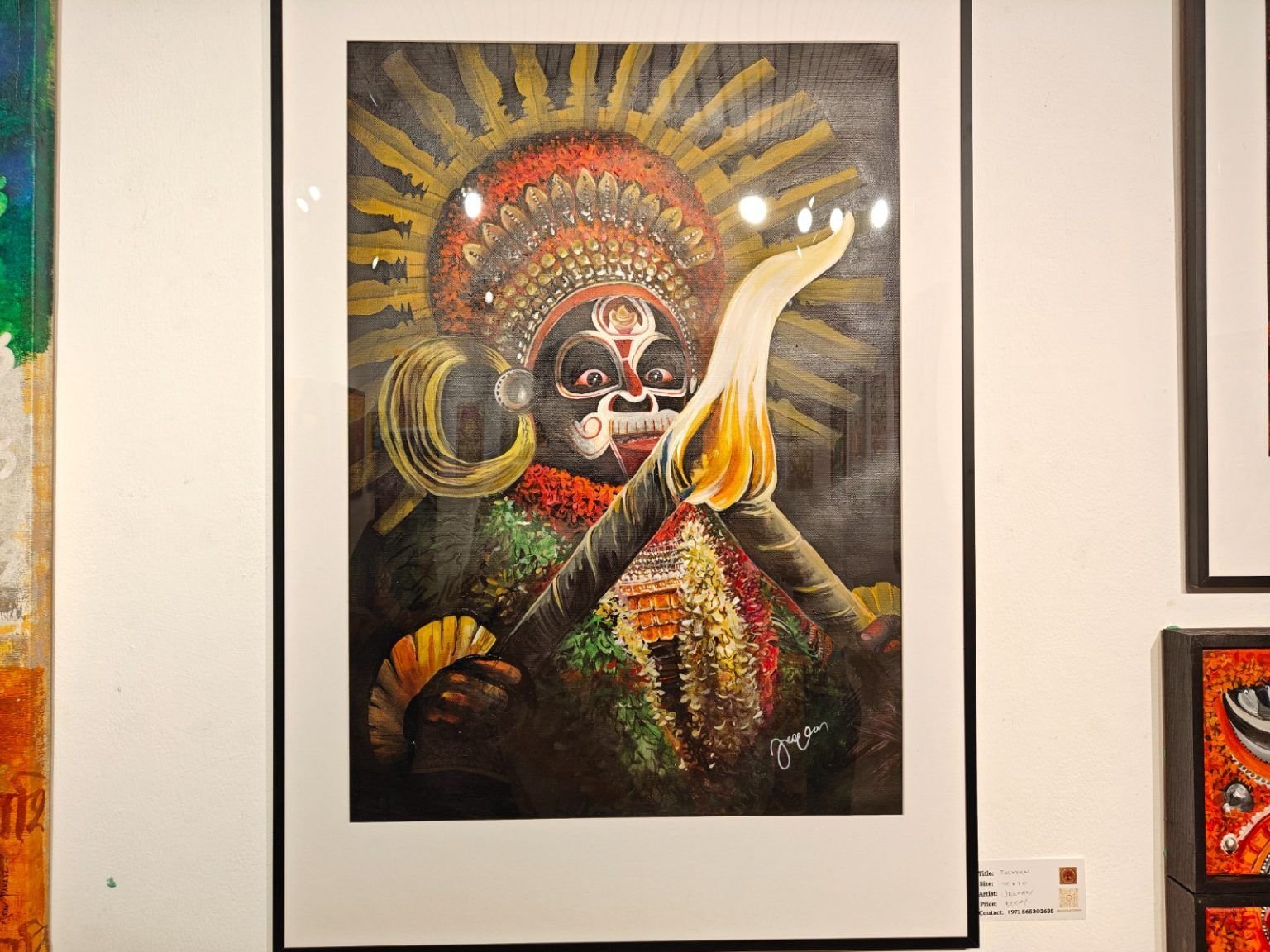Nithin Kamath, CEO of Zerodha, recently highlighted these concerns on X, emphasizing the antiquated and burdensome nature of the current NRI account initiation process
Efforts are urgently required to streamline regulations governing Non-Resident Indian (NRI) investments in India, a matter that has been a source of constant frustration for NRIs. Techballad.com reports widespread discontent among NRIs, citing issues such as the convoluted account opening procedures, notarization demands, and the associated high costs of international couriers.
Nithin Kamath, CEO of Zerodha, recently highlighted these concerns on X, emphasizing the antiquated and burdensome nature of the current NRI account initiation process. Comparisons drawn between this process and the pre-digital era of retail broking underscore the need for modernization. Kamath pointed out the persistence of physical forms, numerous signatures, and protracted timelines, all of which unnecessarily complicate the procedure for NRIs seeking to open accounts and invest in India.
The PIS route is preferred by NRIs due to its flexibility, allowing investment in a broader range of Indian securities, bonds, and mutual funds, including stocks and real estate
According to the report, the younger generation is largely unaware of the manual account opening processes prevalent in the pre-digital era of retail broking. During that time, investors had to complete paper forms, submit multiple document copies, and personally visit a broker’s office for signing and submitting paperwork. This method proved particularly cumbersome and inconvenient, especially for NRIs residing far from a broker’s office.
NRIs currently have two primary options for investing in India: The Portfolio Investment Scheme (PIS) and the non-PIS route, details of which were shared by Kamath on the X platform.
The PIS route is preferred by NRIs due to its flexibility, allowing investment in a broader range of Indian securities, bonds, and mutual funds, including stocks and real estate.
On the other and, the non-PIS route imposes restrictions, limiting NRIs to a select set of Indian securities, specifically stocks and mutual funds. This information encapsulates the challenges faced by NRIs and the existing investment avenues available to them in India. Streamlining regulations is imperative to facilitate smoother and more accessible investment opportunities for the NRI community.
*********************************************************
Readers
These are extraordinary times. All of us have to rely on high-impact, trustworthy journalism. And this is especially true of the Indian Diaspora. Members of the Indian community overseas cannot be fed with inaccurate news.
Pravasi Samwad is a venture that has no shareholders. It is the result of an impassioned initiative of a handful of Indian journalists spread around the world. We have taken the small step forward with the pledge to provide news with accuracy, free from political and commercial influence. Our aim is to keep you, our readers, informed about developments at ‘home’ and across the world that affect you.
Please help us to keep our journalism independent and free.
In these difficult times, to run a news website requires finances. While every contribution, big or small, will makes a difference, we request our readers to put us in touch with advertisers worldwide. It will be a great help.
For more information: pravasisamwad00@gmail.com








